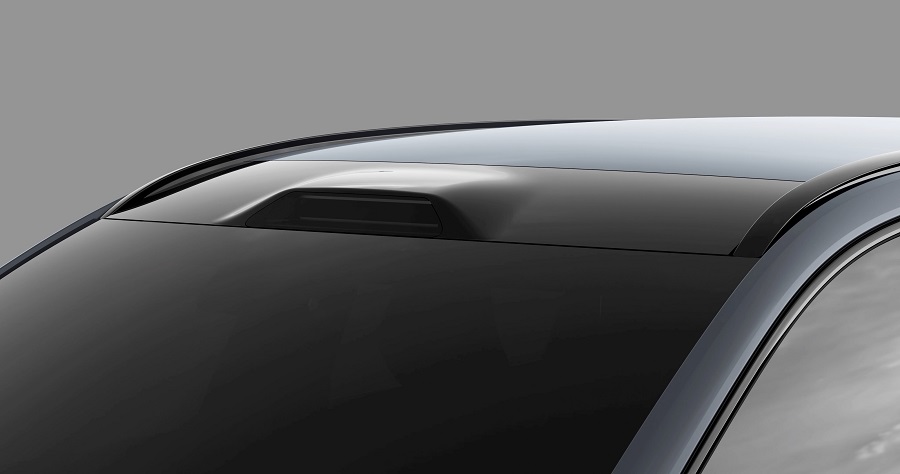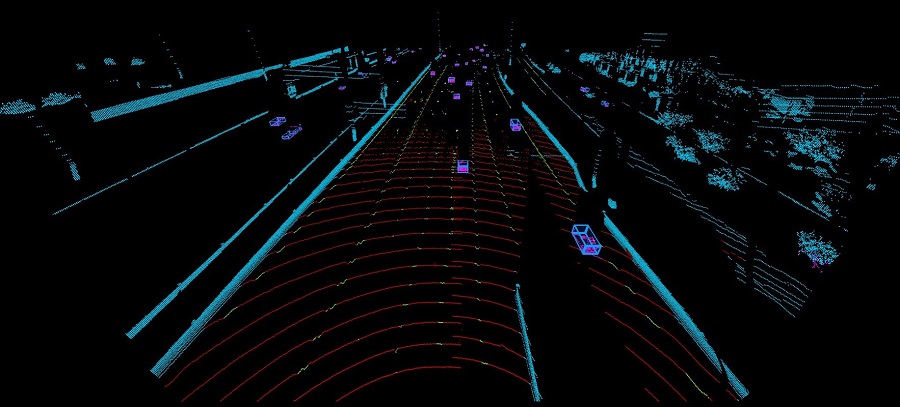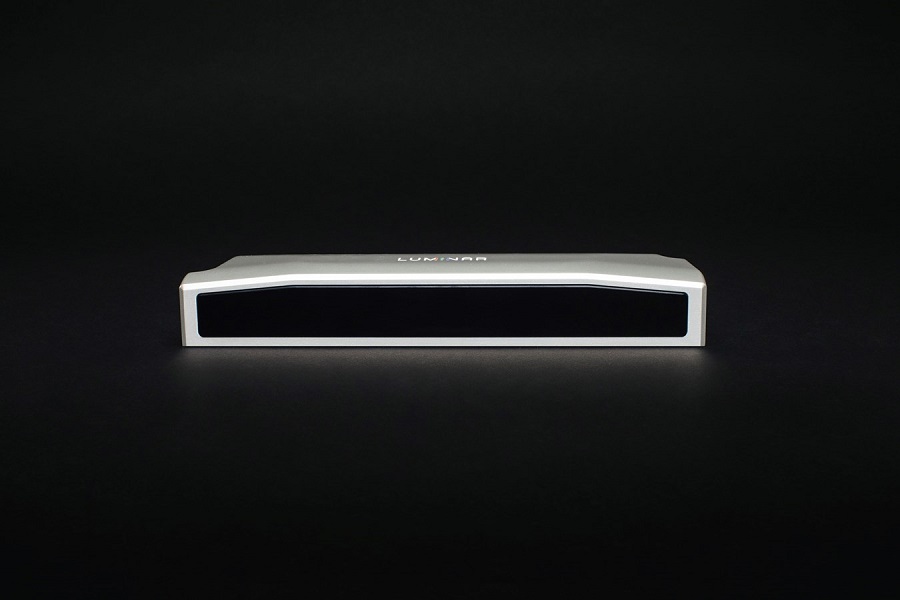Volvo Cars sets new standards in safety and technology by collaborating with the technology company Luminar. Industry-leading LiDAR and perception technology will be in the next generation of Volvo cars.

The collaboration will result in Volvo’s first fully self-driving motorway technology and pave the way for future development in active safety.
The next generation of Volvo Cars modular vehicle architecture, SPA 2, will be prepared for autonomous driving. Luminar LiDAR will be seamlessly integrated into the roof as an option from the start of production in 2022.
Cars based on SPA 2 will be updated with software over the air and if customers choose it, the Highway Pilot feature, which enables activation of fully autonomous highway driving when deemed safe for individual geographical locations and conditions.
“Autonomous driving has the potential to become one of the most life-saving technologies in history, provided it is introduced in a responsible and safe manner,” says Henrik Green, chief technology officer at Volvo Cars. “Giving our future cars the visibility they need to make safe decisions is an important step in this direction.”

In addition to the Highway Pilot feature, Volvo Cars and Luminar are also investigating LiDAR’s role in improving future advanced driver assistance systems (ADAS), with the potential to equip all future SPA2-based cars with a LiDAR sensor as standard.
Luminar’s technology is based on the company’s advanced LiDAR sensors, which emit millions of laser light pulses to be able to detect where the object is located with high precision. By scanning the environment in 3D, a temporary real-time map is created without the need for an internet connection.
LiDAR is the key to creating cars that can navigate safely in autonomous mode by providing them with reliable vision and perception that is not possible only with the help of cameras and radar. LiDAR is the perfect platform for safe decision-making in complex environments at high speeds.
To enable the Highway Pilot function, Luminar’s perception technology can be combined with software for autonomous driving and cameras, radar and backup systems for functions such as steering, braking and battery power. Together, this provides a safe, fully self-driving feature for motorway use.
“Soon your Volvo will be able to drive autonomously on motorways when the car assesses that this can be done safely,” says Henrik Green. “In this situation, your Volvo takes over responsibility for the driving and you can relax. Over time, updates over the air will expand to the areas where the car can drive itself. For us, secure introduction of autonomy is an introduction that takes place step by step.”
Volvo Cars and Luminar also deepen their collaboration to jointly ensure robust industrialization and validation of Luminar’s LiDAR series for serial production. Volvo Cars has also signed an agreement to possibly increase its minority position in Luminar.

For Silicon Valley-based Luminar, the collaboration with Volvo Cars is the first time the company delivers its technology for serial production. This is an important step in order to achieve the economies of scale required to be able to deploy the technology in the wider automotive industry.
“Volvo is a recognized pioneer in vehicle safety that has driven the standardization work in the industry for the most advanced life-saving technology,” said Austin Russell, Founder and CEO of Luminar.
“The next era in safety is about autonomous driving and once again Volvo takes the lead through an important milestone in the industry. We have solved the most important challenges in terms of cost, performance and auto-grade challenges that enable serial production, and Volvo also makes the technology available to the world.”









